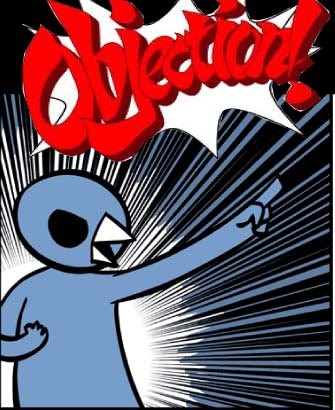1.Enlightenment thinkers challenged regimes that did not grant full religious freedom and challenged those that insisted on aristocratic privilege. As an example, Jean-Jaques Rousseau argued for government based on a democracy.
2.Europe’s population after 1730 exploded; for example, French population rose by 50% within half a century, Britain and Prussia rose by 100%.
3.The proletariat was the working class of society, and were growing more restricted, as upper class families attempted to tighten their grips on existing offices. This produced a demand for change.
4.Protoindustrialization was a rapid expansion of domestic manufacturing in western Europe and later, the United States. This new development involved hundreds of thousands of workers who became part time or full time producers of textile and metal products
5.Urbanization resulted in many villagers beginning to change their dress into more urban styles, parental authority declined, and youthful independence became more marked; possible political implications from a new defiance of authority emerged.
6.The American Revolution was the result of a large minority of American colonists who resisted Britain’s attempt to impose new taxes and trade controls on the colonies after 1763. Many colonists also resented restrictions on movement into the frontier areas.
B. The French revolution began in 1789
C. On July 14, rioters stormed a political prison named the Bastille; became the revolution’s symbol
9.Lasting reforms resulting from the French Revolution were: manorialism was abolished, privileges of the church attacked, and individual rights, including freedom of religion, press, and property, introduced.
10.The radical phase was a period after 1792 in which a firmer authority was pushed by radical leaders; great bloodthirst happened during this period, and it was nicknamed “the Reign of Terror.”
11.The final phase of the French Revolution was brought by Napoleon Bonaparte, a leading general who converted the revolutionary republic into an authoritarian empire.
12.Napoleon was defeated by the Russian winter in 1812, and by an alliance system made by Britain who defeated him in 1814 and 1815.
13.The Revolution spread key revolutionary legislation, the idea of equality under the law and the attack on privileged institutions such as aristocracy, church, and craft guilds.
14.The Congress of Vienna involved many territorial arrangements, such as giving Britain several colonial territories, and letting Russia maintain its hold over Poland. As well as this, attempts were made to restore French monarchy, and to link Europe’s major powers in defense of churches and kings.
15.Ideas of liberals included looking for ways to limit state interference in individual life and urged representation of propertied people in government. They touted the importance of constitutional rule and protection for freedoms of religion, press, and assembly.
16.Socialism urged an attack on private property in the name of equality and an end to capitalist exploitation of workers.
17.In 1820, the nationalist Greek Revolution allowed Greece to secede against Ottoman rule; this was a key step to dismantling the Ottoman Empire in the Balkans. In 1830, the Belgian Revolution produced a liberal regime and a newly independent nation.
18.The Reform Bill of 1832 was a bill passed by Britain under pressure of popular agitation; it gave the parliamentary vote to most middle class men.
19. After industrialization, the many more people moved and lived in the cities, where they could find work.20. 66%
21. Discovered germs
22. Groups of workers who banded together; wanted more rights
23. After 1850, conservatives srtove to develop reoforms that would save elements of the old regime, including power for the landed aristocracy and the monarchy.
24. British politician: granted the vote to working class men in 1858
25. Architect of Italian unification in 1858; created a constitutional Italian monarchy under the King of Piedmont
26. Conservative prime minister of Prussia; architect of German unification under the Prussian king in 1871; used liberal reforms to maintain stability.
27. Following 1870, gov'ts introduced civil service exams based on skill, schooling expanded, and wider welfare measures were taken
28. The proletariat would rise up against the bourgouise (sp?). History was based around struggles between groups out of power and groups that manufactured.
29. Germany
30. Argued against Marx, said success could be achieved by democratic means.
31. Science: experimentation and facts Art: romanticism; abstract
32. Developed thoery of evolution of species; made church lose power in debates
33. US has special niche in world due to origin and politics
34. Did not expand to Asia, Middle East
35. Originally convict colony
36. Germany, Austria-Hungary, and Italy- instead, they were part of the Triple Alliance
37. Balkan nationalism originally threatened Austria and Russia.

nice test rev, saved me from harrison';s test
ReplyDelete